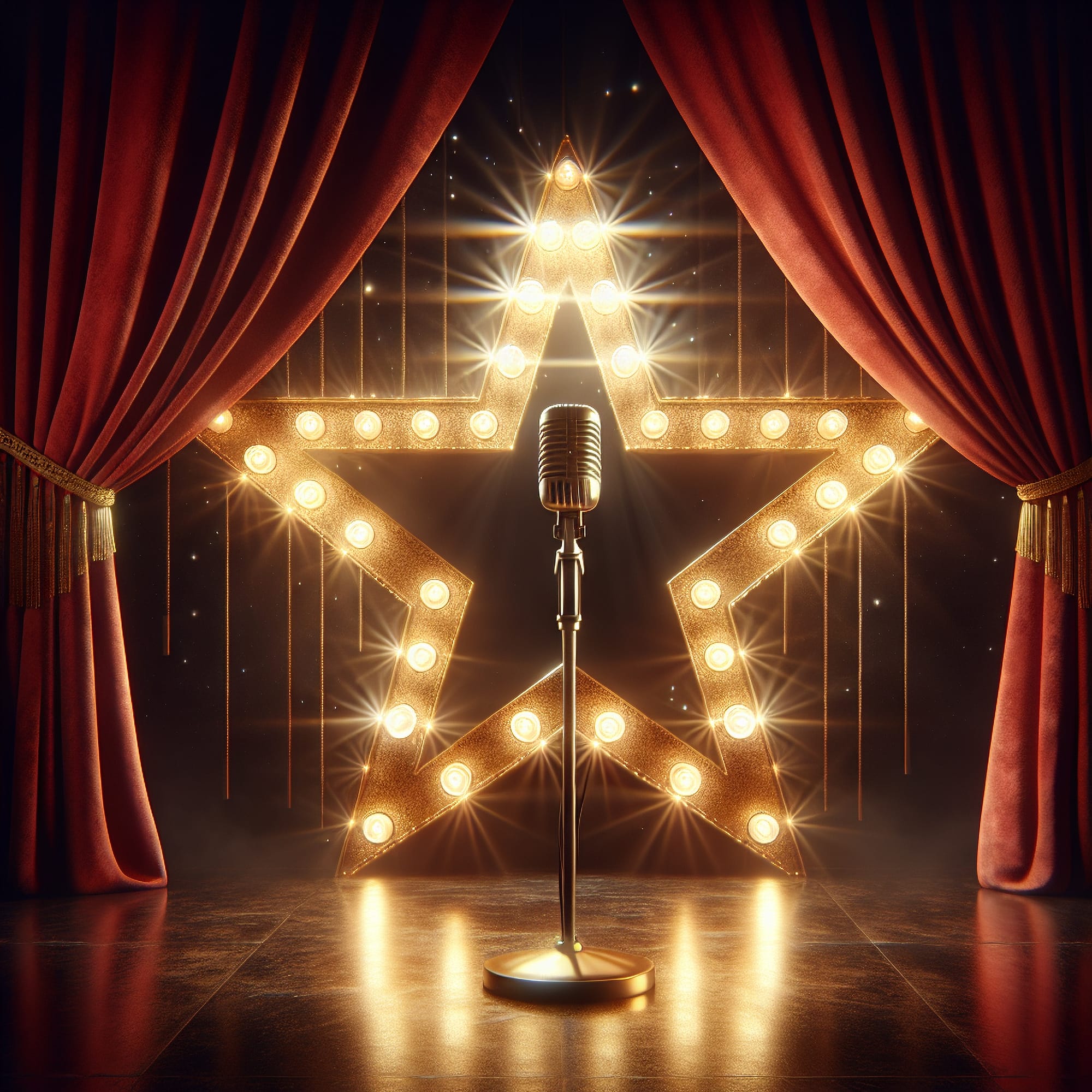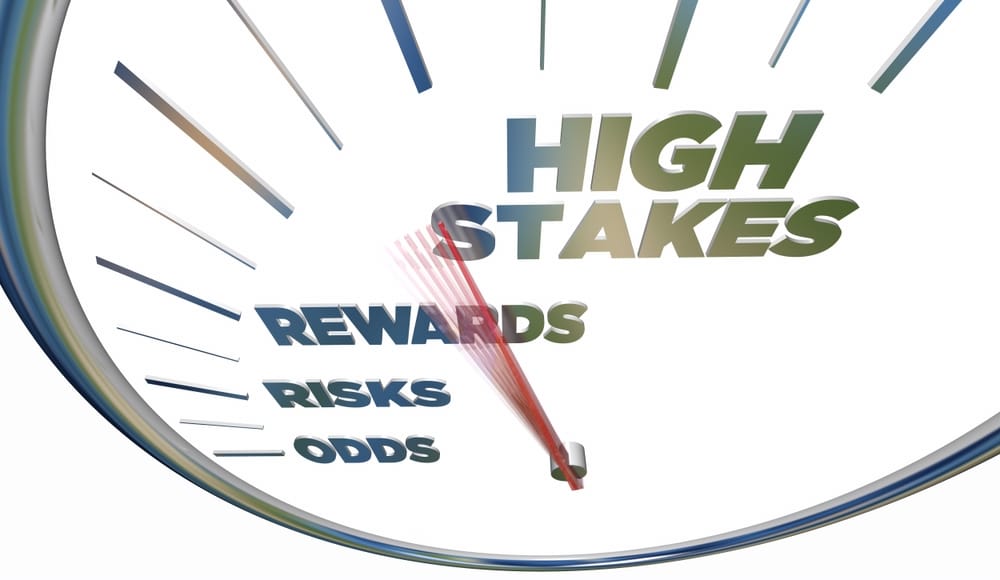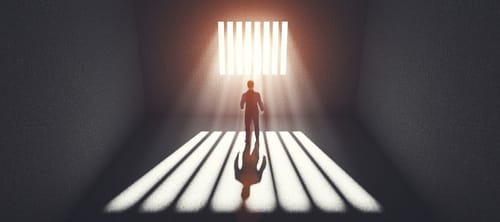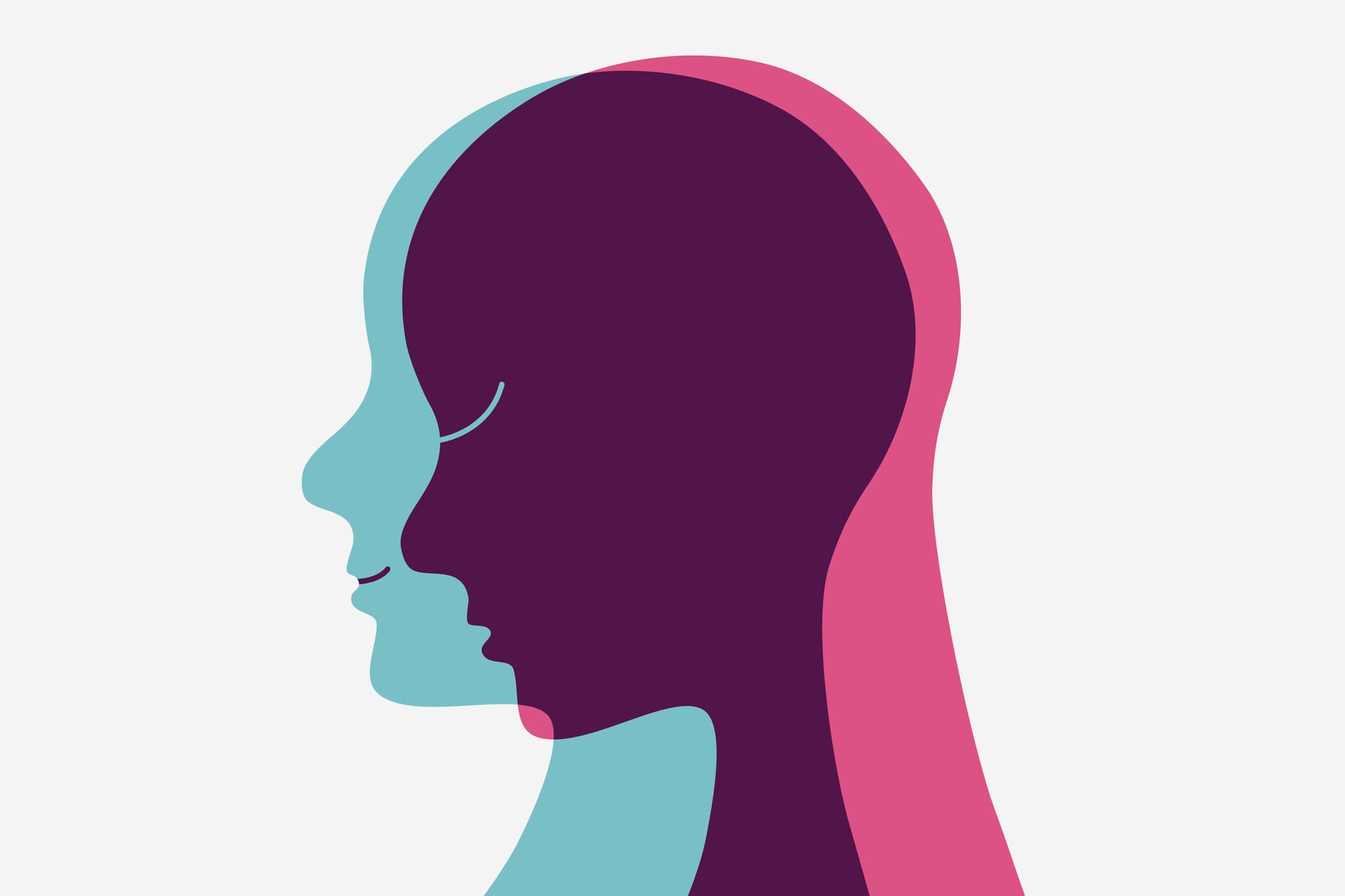
Happy hour is over
Learning to trust myself – and why sobriety feels like winning
I’ve been sober for nine years. Long enough to know that getting sober isn’t a lightbulb moment. It’s not one dramatic epiphany. It’s slow. Uncomfortably slow. And I think that’s something we don’t talk about enough.
When I first stopped drinking, I was very scared. My memory and the way my brain worked felt sluggish and slow. I was doing things like saying sentences back to front. I couldn’t find words, which, for a writer and a public speaker, is actually quite terrifying. I still have memory gaps. There is a bit of brain damage, in that sense—there are just things I’m not going to get back, and I’ve kind of made peace with that.
Welcome to the slow road
Those early days felt endless. I counted every one. At first it was hours, then days, then weeks. The numbers mattered. I talked about myself as an alcoholic, and that label was important to the process. It helped me stay grounded when my mind wanted to spin back to the bottle.
But over time, something shifted. My counsellor—before they retired—asked me to consider another label: non-drinker. That took me a few years to get my head around. But slowly, I started to see it.
I can smell alcohol. I can miss it. I can even joke about the snobbery of it. But I’m not tense in those moments anymore. I’m not scared. These days, I can go into places I used to avoid. It’s not that those urges disappeared overnight. They didn’t. It took time. Years. And I still feel like I’m learning new things about sobriety and about myself, even now. But the distance between where I started and where I am today feels huge.
Part of how I move through the world.
I often describe it like sport. At the beginning, you feel like you can’t do it. It’s exhausting. You doubt whether you’ve got it in you. But over time, you build up stamina. You get better at handling it. And eventually, it becomes part of how you move through the world.
Why I don’t believe relapse is inevitable
I’ve never relapsed. And that matters to me. Because I think if we keep pushing this idea that relapse is part of the process, we start to devalue sobriety itself. We start preparing people to fail, instead of trusting them to succeed.
That doesn’t mean I didn’t have moments where I bargained with myself. I used to tell myself, "I can’t drink now because I’ve got too much to do. I’ll just wait until I retire. Once it won’t hurt anyone else, then I’ll go and have a drink." That was the deal I made with myself in the early years. Of course, now I can see that for what it was—just me trying to get through that rough period. I don’t feel like that anymore.
When people ask, "Can I have a drink around you?" I know they’re trying to be polite, but it can also feel like they don’t trust that I know myself. If I meet you at a bar, it’s because I know I can be there. Trust me to manage my own boundaries. That trust matters more than you might think.
What sobriety has given me
Sobriety has opened up a different part of the day for me. I get my mornings back. I’m up early. I can sit with a coffee, listen to bird song, and write. That’s something I never had before. It’s funny now to think about how many mornings I used to miss.
People sometimes ask me if I miss drinking. I always give them a wink and say, "I clocked it. I finished. I finished drinking." That’s how I look at it. I’ve had the adventures. There are no stories I don’t have.
I don’t build my comedy around sobriety. I don’t like to labour the point or come off as preachy. But it’s there, in the background. Sobriety gives me sharper thinking. It makes me a better storyteller. I can look back at all the dumb things I did and craft them into sharper, more honest stories. And I can do that without hurting myself in the process.
What I love most is knowing that when I mess up these days, they’re my mistakes—not alcohol’s. I’m still driving the car. And if I crash, that’s on me. But I’m the one behind the wheel.
It sucks! – and why you should do it anyway
If you came to me today and asked, "What’s it going to be like?" I’d say, "It sucks." And I think acknowledging that is actually really helpful.
It’s not like all the colours are brighter, or "I can smell things again." The first six months? They really suck. And that’s okay. Your body is relearning how to live without something it depended on. Give yourself some grace. It’s supposed to feel hard before it gets better.
Here’s what I’d ask you to consider
I’d point you to places like Living Sober or Horizon, or anything that gives you access to stories from people who’ve been through it. It helps to know you’re not alone.
Really ask yourself why you want to stop. What’s pushing you to change? You need to understand that for yourself.
Most people have a moment—a low point that makes them think, "I can’t do this anymore." It’s not always a big dramatic scene. For me, it was a moment of massive depression that didn’t make sense to me. But holding on to that moment in the early days can help remind you why you started.
The Last Word
So, what’s so good about being sober?
My brain is faster. That surprised me. My days are longer. And I’m more joyful. I like knowing that when I make mistakes, they’re mine—not the booze’s. I’m still in charge of the car. And that feels like winning.


